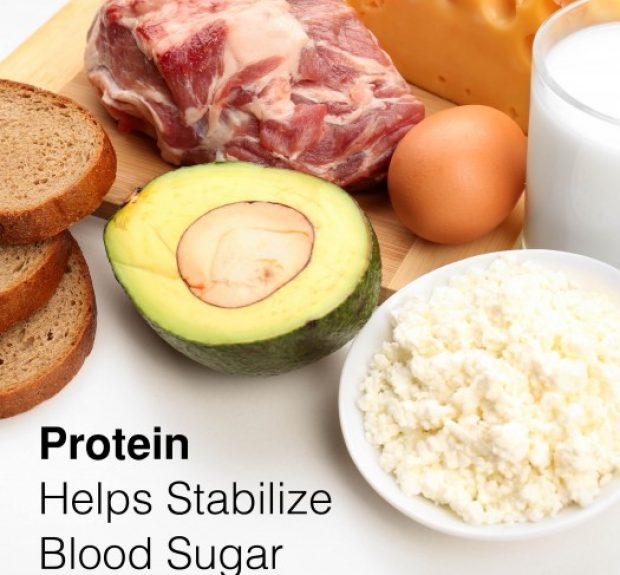A recent weight loss study for women produced findings of supplementation with vitamin D lowering inflammation. Participants were assigned to an exercise program 5 days a week plus a low calorie diet supplemented with vitamin D every day for one year. At the end of the study, women who took the vitamin saw an increase in serum vitamin D, while those who received a placebo experienced a decline. Among participants who lost 5% – 10% of their weight, the decline in inflammation was significantly better for those who took vitamin D rather than those who received a placebo. The study’s authors say that since weight loss reduces inflammation, it is considered another way to lower cancer risk and that if increasing vitamin D levels can decrease inflammation even more effectively than weight loss alone, that could be an important addition to helping combat cancer risk.




